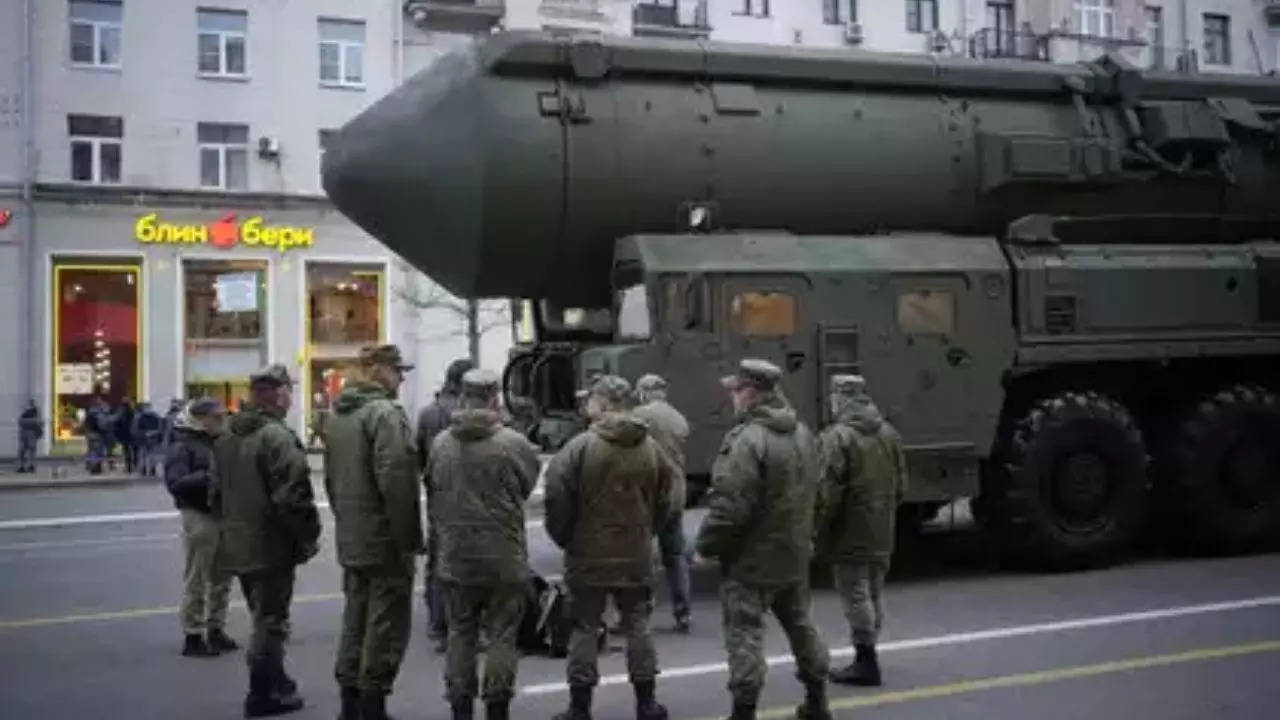After the fall of the Soviet Union, Ukraine inherited a significant nuclear stockpile. However, due to financial burdens and geopolitical risks, Ukraine relinquished its nuclear weapons. The 1994 Budapest Memorandum promised security guarantees, which were deemed unreliable when Russia annexed Crimea and supported separatists in Ukraine. The current Russia-Ukraine conflict underscores the vulnerabilities of Ukrainian security without nuclear deterrence. This has sparked discussions on Ukraine’s security strategies and the potential need to revisit its decision to denuclearize. The geopolitical landscape in Eastern Europe has shifted, with Ukraine feeling increasingly exposed to Russian aggression. As Ukraine navigates these challenges, the international community closely watches the situation unfold. The unresolved conflict in Eastern Ukraine continues to pose a threat to regional stability. The implications of Ukraine’s nuclear disarmament are now being reassessed in the context of heightened tensions with Russia. The need for a robust security framework for Ukraine is evident, with calls for increased support from Western allies. As Ukraine grapples with these complex security challenges, the role of nuclear weapons in ensuring national security remains a topic of debate. The lessons learned from Ukraine’s denuclearization serve as a cautionary tale for other nations considering similar decisions. In the meantime, Ukraine remains at the forefront of global security concerns, with the Russia-Ukraine conflict serving as a reminder of the enduring complexities of international relations.

Posted in
JUST IN
Ukraine’s nuclear disarmament and vulnerability showcased in Russia-Ukraine conflict post-Soviet era – Budapest Memorandum’s failure.
In Trend

“Indian government announces new regulations to control social media content and address fake news concerns”

















